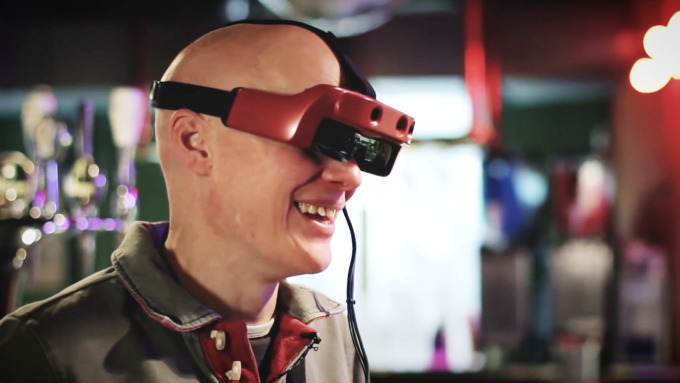Augmented Reality, also known as AR or simply “Pokemon Go” to some, is poised to dramatically change life as we know it. But, as has become obvious, there is so much more to AR than catching virtual creatures. In fact, for some it could mean the difference between vision and darkness.
A startup called OxSight has developed a product that helps the visually impaired recognize and navigate objects in their vicinity. The product would, if commercialized, be able to take the place of canes and seeing eye dogs so that wearers could localize objects near them. But unlike the canes and canines, this AR technology would amplify the small amount of sight blind folk have left enough to give them more freedom of movement.
As an example, it can be difficult for the visually impaired to differentiate what’s in the foreground from what is in the background. Augmented reality can add a sort of “highlight” or “aura” to objects in the foreground so wearers can have better depth of field. Depending on their needs, they can even customize the experience by zooming in and out or boosting colors. Adjustments can be made via hand control.
Users can benefit as well from cartoon outlines of the figures in front of them, allowing them to differentiate between faces and recognize objects. This is especially helpful in low-light situations, like dark bars, or in interacting with loved ones whose faces they thought they may never see again.
With 70 million blind people in the world—about one percent of the population—the market for this technology is not exactly huge. OxSight may also face some challenges bringing their product to market because medical devices are highly regulated.
Even so, the implications of this technology are monumental. Imagine a world in which the blind could not only navigate their surroundings, via primitive objects like canes, but have what is left of their vision amplified. Now, imagine similar technologies being used to assist those with autism, dyslexia, and dementia. It could change modern medical care as we know it.
Founder Dr. Stephen Hicks thinks all of this and more will be possible. The question is ‘when’ rather than ‘if.’
